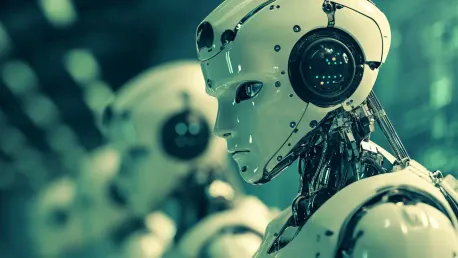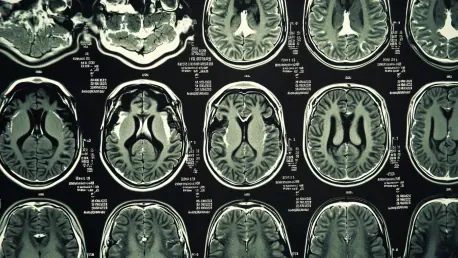
Artificial intelligence, specifically through the implementation of Large Language Models (LLMs), is revolutionizing the healthcare industry in unprecedented ways. These advanced technologies are enhancing efficiency, improving diagnostic accuracy, and streamlining patient interactions. As a

Radiology services around the world are grappling with immense challenges brought about by the dramatic increase in patient imaging demands. This surge, paired with a substantial shortage of radiologists, has culminated in high rates of burnout, overwhelming work backlogs, and subsequent impacts on

Innovative developments in artificial intelligence (AI) are revolutionizing the healthcare industry, drastically improving processes and patient care. Recent notable collaborations spotlight the critical role of modern technology in transforming healthcare services. These partnerships focus on

Donald Trump's proposed funding cuts to the National Institutes of Health (NIH) could have deep and far-reaching implications for medical research and innovation. These potential reductions in funds have alarmed researchers and scientists who depend heavily on NIH grants to pursue

Singapore is pioneering an innovative approach to Covid-19 research through human challenge studies, where volunteers are deliberately infected with the virus in controlled settings. This approach contrasts with traditional methods where infections occur naturally, allowing researchers to obtain

Amid a promising outlook, the healthcare sector is poised to experience significant M&A (mergers and acquisitions) activity in 2025. Private equity (PE) investment in healthcare is projected to rebound sharply, driven by factors such as expected stabilization in interest rates, increased demand